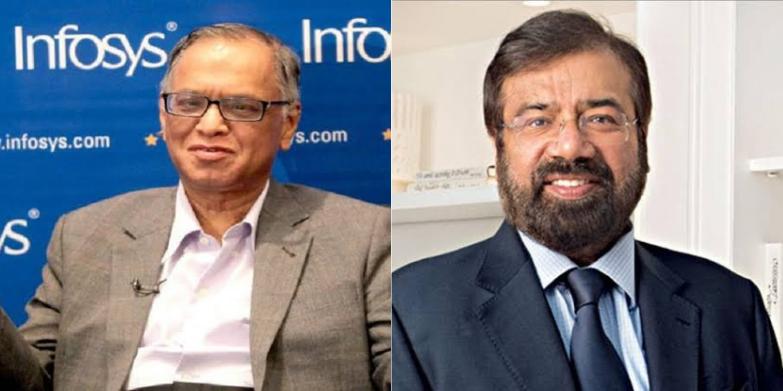The ongoing debate over work productivity in India has taken center stage, with prominent figures in the corporate world expressing divergent views on the ideal workweek. The catalyst for this discussion was NR Narayana Murthy, the founder of Infosys, who recently suggested that young professionals in India should commit to an exhausting 70-hour workweek to enhance the nation’s overall productivity. While his statement found resonance with some industry leaders, it faced strong argument from Harsh Goenka, Chairman of RPG Enterprises.
In a statement posted on X (formerly Twitter), Harsh Goenka made it clear that he did not align with Narayana Murthy’s viewpoint. Goenka emphasized that the number of hours an employee works should no longer be the primary focus. Instead, he advocated for a more holistic approach to evaluate professionals based on factors like ambition, purpose, and productivity. According to Goenka, the emphasis should shift from working a specific number of hours to understanding an individual’s personal drive, their commitment to a defined goal, and their effectiveness in achieving it.
Goenka’s perspective marks him as one of the few dissenting voices among influential business leaders, as others like Sajjan Jindal from JSW and Bhavish Agarwal from Ola have supported Narayana Murthy’s call for a demanding workweek.
However, Harsh Goenka did not stop at challenging Murthy’s stance on working hours. He also commented on the evolving nature of the workweek structure. Goenka proclaimed that the traditional 5-day office week was no longer relevant and had outlived its usefulness. He firmly declared that the current and future model of work is one that blends office and remote work, often referred to as a hybrid work model. This approach, according to Goenka, enables individuals to customize their work arrangements to better suit their needs and preferences.
The COVID-19 pandemic played a significant role in reshaping work dynamics across various industries. Remote work became the norm, with many companies adopting flexible working arrangements. However, as the pandemic’s impact has diminished, several organizations have started the process of recalling employees to their physical offices. In response to this, the concept of a hybrid work model has gained traction, allowing employees to strike a balance between working from the office and remotely.
The debate between Narayana Murthy’s calls for an extensive workweek and Harsh Goenka’s emphasis on factors beyond hours worked underscores the evolving nature of work culture and productivity assessment. It also highlights the importance of accommodating changing work preferences in a world where the boundaries between the office and remote work continue to blur. As the discussion continues, it is clear that the future of work in India is likely to be a blend of old and new pattern, tailored to the individual aspirations and goals of each professional.

